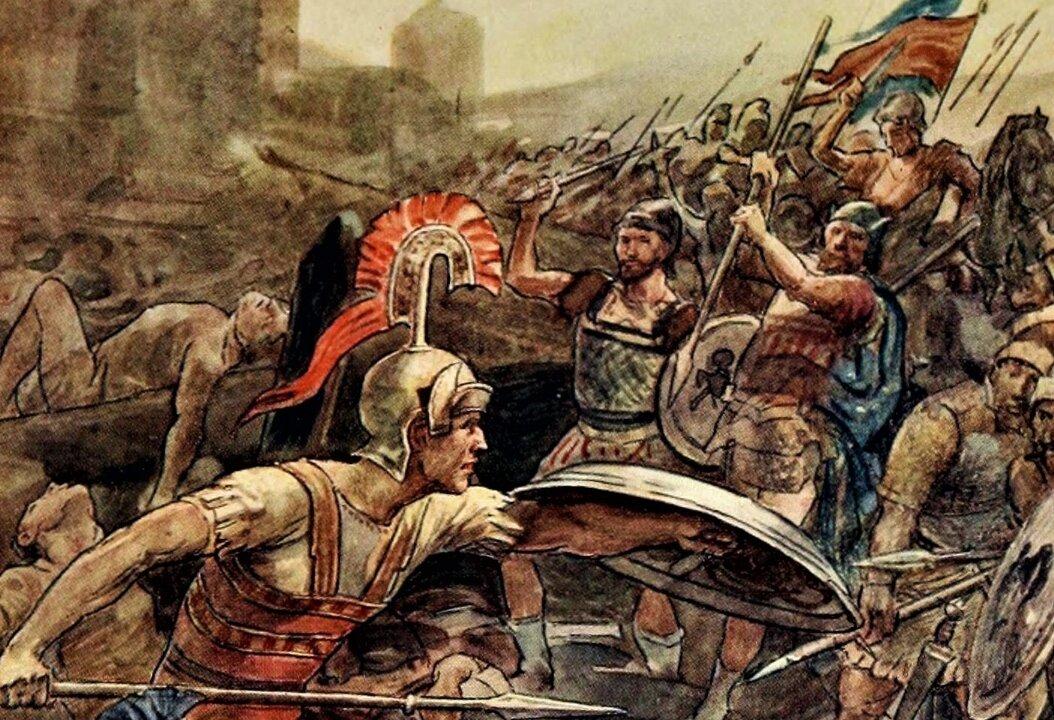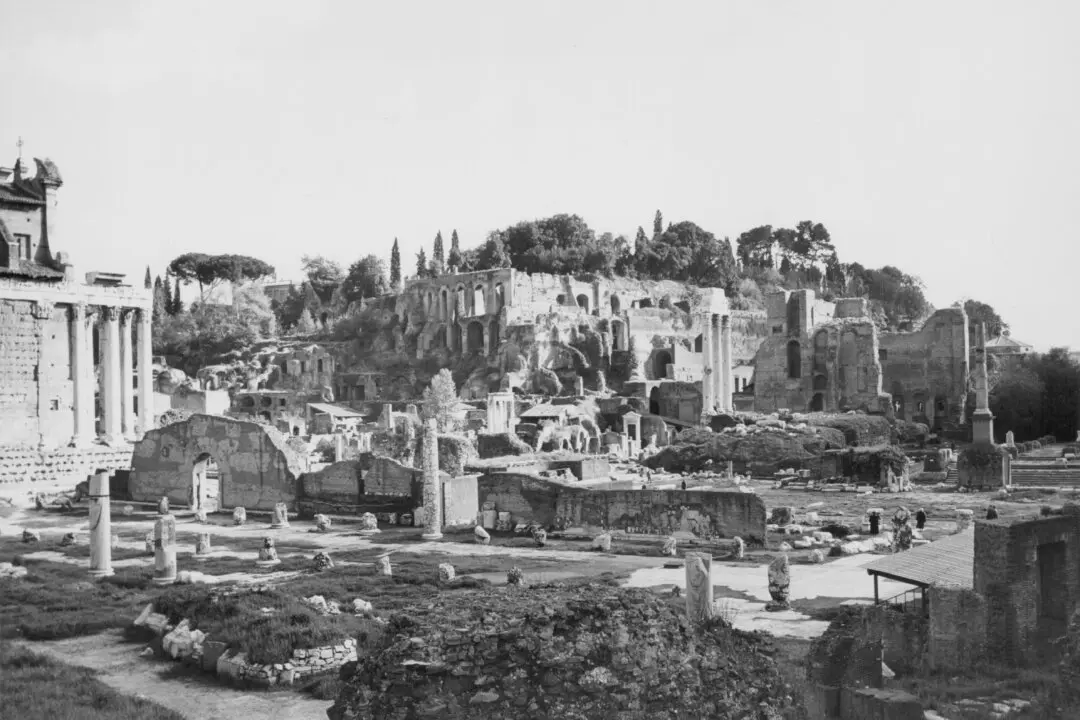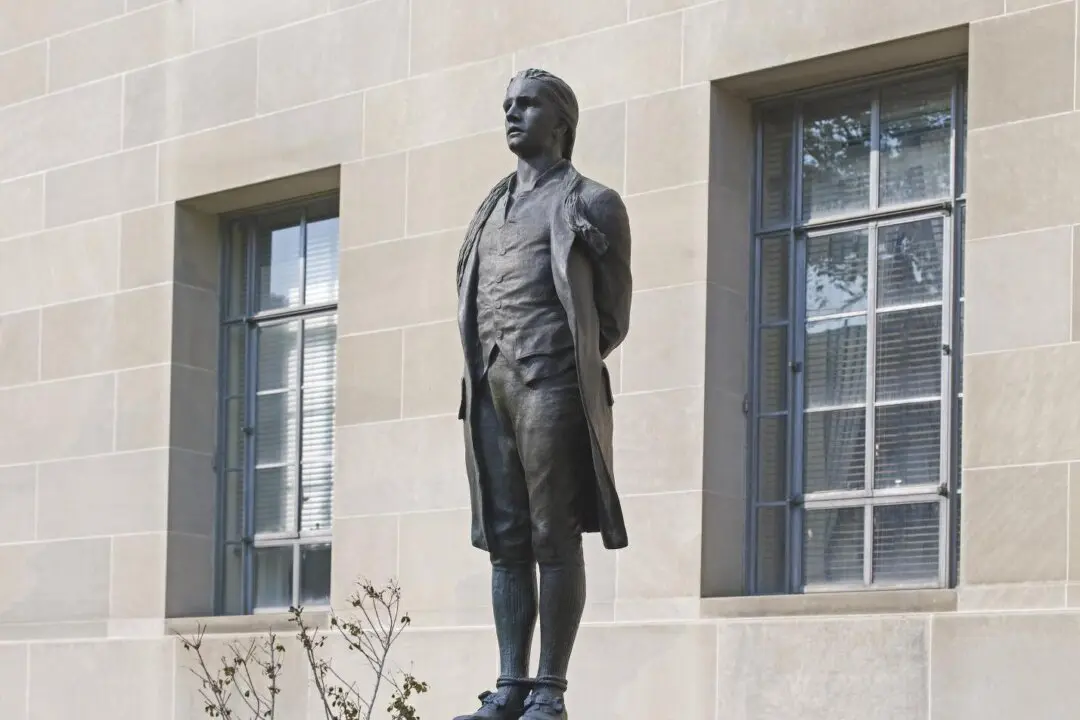Commentary
The ancient Roman orator and statesman Cicero labeled him “the foremost man of Greece.” Cornelius Nepos, a biographer and contemporary of Cicero’s, regarded him as “incorruptible.” The 16th-century French Renaissance philosopher Michel de Montaigne judged him “one of the three worthiest and most excellent men” in all of history.





